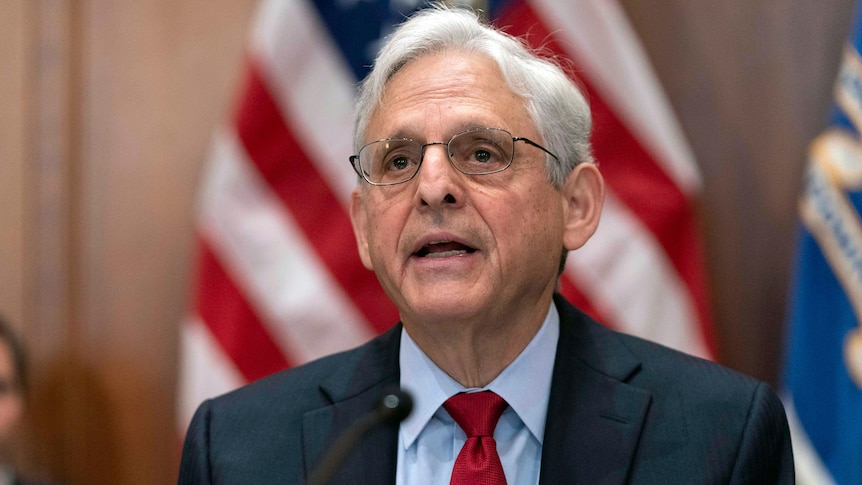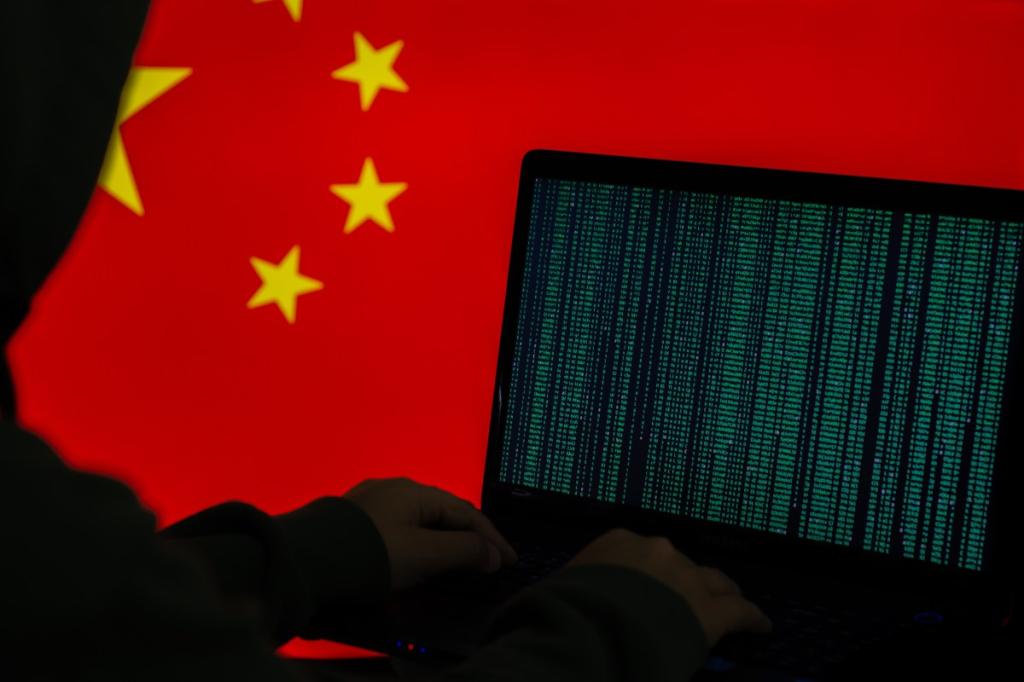U.S. Indicts Russian Officers in Major Cyberattack Scheme
Explore the indictment of Russian officers for cyberattacks and the implications for global cybersecurity and accountability in the digital age.

Key Points
- The U.S. has indicted five Russian military intelligence officers for orchestrating the WhisperGate cyberattacks aimed at destabilizing Ukraine and its allies.
- Operation Toy Soldier exemplifies international efforts to combat cybercrime, emphasizing collaboration among nations to enhance cybersecurity defenses.
- These developments signal a growing recognition of cyber warfare's impact on global security and the necessity for accountability in the digital realm.
The digital age has ushered in a new frontier of warfare, one that operates behind screens and across networks rather than on physical battlefields. With the ongoing conflict in Ukraine becoming increasingly intertwined with cybersecurity threats, recent developments from the U.S. Department of Justice signal a determined effort to hold aggressors accountable for their cyber misdeeds. The recent indictment of five Russian military intelligence officers highlights the emerging concept of cyberjustice and the global ramifications of cyber warfare.
As outlined by U.S. authorities, the so-called “WhisperGate” malware attacks were not a mere demonstration of hacking prowess; they represented a calculated attempt to destabilize Ukraine. Carried out in January 2022, these cyber operations aimed at undermining the morale of the Ukrainian populace just as Russian tanks began their advance. As William DelBagno, the FBI's special agent in charge of the
field office, aptly described, these attacks could be considered Russia’s first shot in what would become a full-scale invasion.

The targets of these cyberattacks were diverse, ranging from Ukraine’s critical infrastructure—such as emergency services, education, and healthcare—to systems in 26 NATO countries, including the United States. This cross-border nature of cyber warfare shows that hackers are not just after data—they are involved in a strategic maneuvering of geopolitical consequences, aiming to create fear and uncertainty among nations supporting Ukraine.
The Indicted Individuals: Who Are They?
The individuals charged in these attacks are members of Russia’s Main Intelligence Directorate, known as the GRU. This elite unit, particularly notorious for its aggressive cyber operations, included five military intelligence officers: Vladislav Borovkov, Denis Denisenko, Yury Denisov, Dmitry Goloshubov, and Nikolai Korchagin, alongside a civilian co-conspirator, Amin Timovich Stigal. The U.S. government is offering a substantial bounty of $60 million for information leading to the arrest of these suspects. This tactic underscores the increasing recognition of cyber offenders as serious threats to national and international security.

Responses from U.S. Authorities
Projecting strength, the U.S. has launched Operation Toy Soldier, emphasizing a collaborative international effort to thwart malicious cyber activities. With assistance from cybersecurity entities like the NSA and various allied nations, this initiative is designed to share intelligence, combating the pervasive threats posed by attackers operating in the shadows. Matthew Olsen, assistant attorney general for national security, has assured that the U.S. will be relentless in its pursuit of cybercriminals, sending a clear message: actions have consequences, and criminals will not find refuge in anonymity.
Moreover, U.S. authorities have pointed out that the WhisperGate cyberattacks were crafted deceptively to mimic ransomware attacks. Yet, rather than seeking ransom, the intention was to obliterate information. This distinction highlights the escalating complexity of cyber operations and the necessity for enhanced cybersecurity measures. The silence created by the destruction of data can create as much fear as the sounds of conventional warfare.
Looking Forward: The Future of Cyber Warfare
The implications of these cyberattacks extend beyond immediate damage—they underscore the need for robust international legal frameworks that address cyber warfare and cybercrimes. As nations become increasingly reliant on digital infrastructure, the risks associated with cyber vulnerabilities grow exponentially. Countries must prioritize collaboration to develop strategies that safeguard critical infrastructure and provide protections against acts of cyber aggression. This indictment serves as a pivotal reminder for nations to strengthen their defenses in this new form of warfare.
Ultimately, as the global landscape continues to evolve, the commitment to cyberjustice must be unwavering. Holding aggressors accountable for cyberattacks is vital to deterring future offenses and maintaining international order. In this digital age, the fight for justice transcends borders, necessitating shared responsibility among nations to uphold peace and security.


